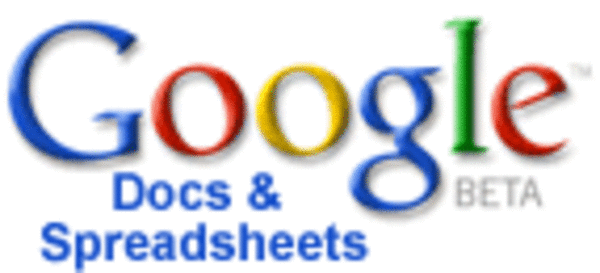CNET columnist Matt Asay asks, provocatively: “does Google own your content?”. It’s based on a post by ZDNet’s Joshua Greenbaum, who picked up on some interesting language in the terms and conditions of Google Docs & Spreadsheets. Here’s the offending passage:

“Google claims no ownership or control over any Content submitted, posted or displayed by you on or through Google services. You or a third party licensor, as appropriate, retain all patent, trademark and copyright to any Content you submit, post or display on or through Google services and you are responsible for protecting those rights, as appropriate. By submitting, posting or displaying Content on or through Google services which are intended to be available to the members of the public, you grant Google a worldwide, non-exclusive, royalty-free license to reproduce, adapt, modify, publish and distribute such Content on Google services for the purpose of displaying, distributing and promoting Google services. Google reserves the right to syndicate Content submitted, posted or displayed by you on or through Google services and use that Content in connection with any service offered by Google. Google furthermore reserves the right to refuse to accept, post, display or transmit any Content in its sole discretion.”
(emphasis ours)
While Asay implies that this means Google is staking a claim of ownership, it is clearly not doing that – Google’s T&C states that copyright belongs to the content owner. Also note that the above passage only applies to content that is made public, so it’s not relevant to your private documents.
In the comments to Greenbaum’s post, Writely co-founder Sam Schillace clarified:
“As we state in our terms of service, we don’t claim ownership or control over your content in Google Docs & Spreadsheets, whether you’re using it as an individual or through Google Apps. Read in its entirety, the sentence from our terms of service excerpted in the blog ensures that, for documents you expressly choose to share with others, we have the proper license to display those documents to the selected users and format documents properly for different displays. To be clear, Google will not use your documents beyond the scope that you and you alone control. Your fantasy football spreadsheets are not going to end up shared with the world unless you want them to be.”
I’m inclined to accept Schillace’s view and I also think Asay’s headline is flat out misleading. Nowhere in Google’s T&C does Google claim ownership of your content. However the T&C could be misconstrued when it comes to the words “adapt” and “modify”. While I’m sure this doesn’t involve Google employees taking creative liberties with your public documents (as Schillace implied, it’s more about modifying them for mobile and other displays), those words may need to be reviewed.
This is the kind of issue that still makes people nervous or wary about using Web Office – your content after all lives on Google’s servers, not your PC. Perhaps this is one of the reasons why 74% of our poll respondants prefer desktop word processing software.

















